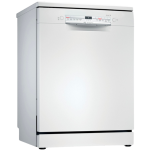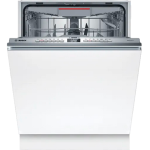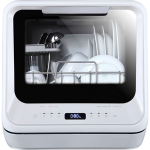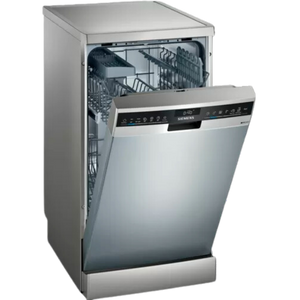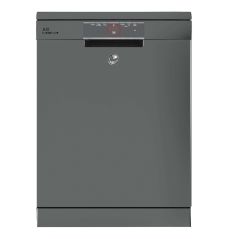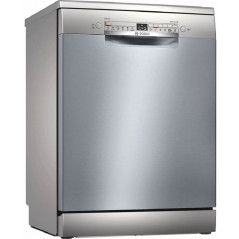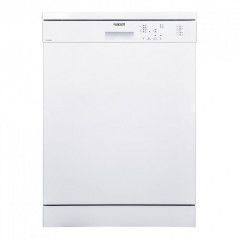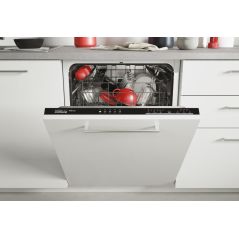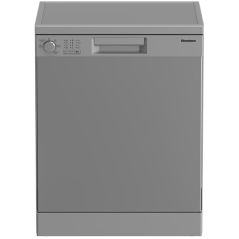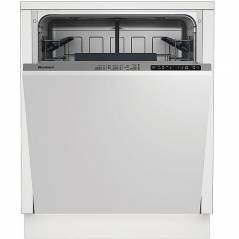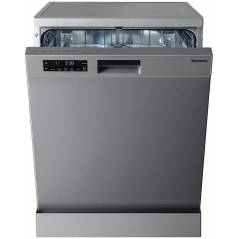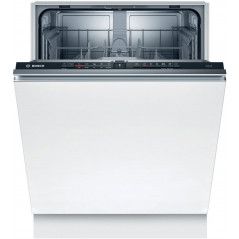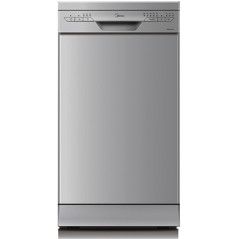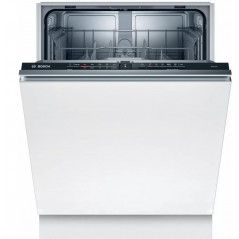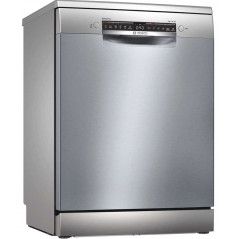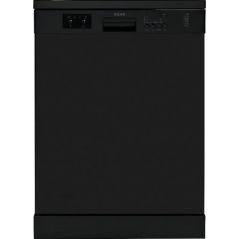
Buy Online Freestanding Dishwasher at the Best Price Everywhere in Israel - Zabilo
Best Discounts on Dishwasher in Israel with Zabilo: we have the Dishwasher you want to purchase, enjoy Great Discounts and Fast Delivery in Israel. Receive your Dishwasher at to your door in Israel. Shop Online and Let a Review, Zabilo cares and wants to ensure you have the best online shopping experience possible. Zabilo.com sells cheap Dishwasher in Israel right now. Whether you are a new customer or a loyal client, our Dishwasher cheap prices will always remain the same for everyone. Enjoy an incredible israel online shopping english experience with just a few clicks, purchase right now. Zabilo is the best of the best israel online shopping sites among all the big appliance stores.
Purchase Online Dishwasher at Low Prices in Israel, Brands and Features here: Choose the Dishwasher you want among our wide choice of Dishwasher. We sell Dishwashers from many brands: Whirlpool, Delonghi, Midea, ,Miele, blomberg, siemens, Constructa... Zabilo offers Dishwasher that will perfectly fit in any kitchen at the best price ! Zabilo offers Big discount and best prices in Israel. Choose between Full-size or Slimline Dishwasher. Don't waste your time without any Dishwasher. Ask for more details if you have questions, clients satisfaction is our number one priority. Get more information about Dishwasher by clicking on the products above. Our Dishwasher have the best features possible, choose the best ones: Quick Plan, digital screen, inverter, stainless steel, quiet, Iqdrive, Aqua stop... Electronic control with LED display, Indicator light on the floor when the operation is finished, Hot water cleaning 40 ° C-65 ° C, Energetic class A ++, Capacity: 12 sets of tools, Very quiet: only 49dB!, Timer up to 24 hours, AirDry technology for perfect drying, 13 sets, perfect fit technology for easy and flexible installation, Fully integrated, dishwasher, 14 sets, Timer up to 24 hours, Noise level: DB46 (ultra quiet), Energy rating A
Best Prices and Fast Delivery, Zabilo offers Cheap Dishwashers available everywhere in Israel: You're not just a walking wallet. Find out on Zabilo the best Dishwasher at the best price and reviews in Israel. Your Dishwasher delivered between 1 and 7 working days. Online Shopping in Israel: quick, cheap, easy and efficient. Get your own Dishwasher thanks to our daily discounts. Check our deals in our Dishwasher category. We have the Dishwasher you want ! Great Quality, Best Price and Fast Delivery everywhere in Israel, Zabilo follows you wherever you're located in: Rishon LeZion, Petah Tikva, Tel Aviv Jaffa, Holon, Netanya, Ashdod, Ramat Gan or even Ashkelon, Beer Sheva, Haifa, Jerusalem, Bat Yam, Bnei Brak, Eilat plus Tiberias, Kiryat Shmona, Krayot, Modiin, Ramla, Raanana, Kiryat Malachi and more. Find everything you desire on discount in one place, on Zabilo Online Electronics Store.
Zabilo is the N°1 American Appliances Store in Israel to buy and sell at the Best Price in English, French and Hebrew: Zabilo.com is a leading multi-vendor website in Israel. Zabilo offers a new way to shop online in Israel: buy cheap appliances, receive your order quickly and let a review. Zabilo.com proposes great discount and hot deals everydays. Shopping online in Israel has never been easier. Get the electronics and home appliances you desire from 1 to 7 working days everywhere in Israel thanks to our Fast Delivery service. Our catalog is always expanding, so you will be able to find everything you need at the best price in Israel.
There are 109 products.









.png)
.png)
 (1).png)
_20210307163133.png)



